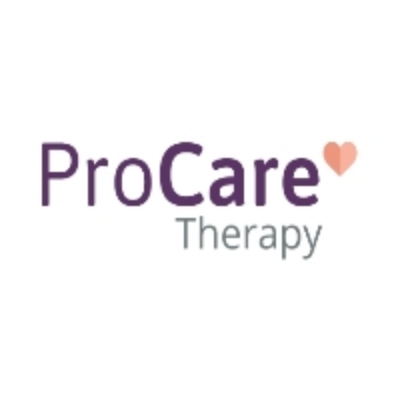About Job
Bachelor's or Master's degree in School Psychology, active School Psychologist license and minimum 1+ years School Psychologist experience required. Applicants who do not meet these qualifications will not be considered.
Blazer Jobs is actively interviewing for a full-time School Psychologist position serving students in juvenile detention across two campuses in the Eugene, OR area. This unique role involves working with secondary students who are engaged with the Department of Juvenile Justice and require high levels of behavioral and academic support.
Program Details:
Provides academic credit or GED preparation.
Offers behavioral support and intervention.
Includes vocational training and wrap-around services.
Students have active cases with the Department of Juvenile Justice.
Responsibilities:
Conduct psychological and educational evaluations.
Develop and monitor individualized intervention and behavioral plans.
Provide consultation and collaboration with multidisciplinary teams.
Support crisis management and behavioral stabilization.
Participate in IEP meetings and compliance activities.
Requirements (Oregon State):
Masters or Doctoral degree in School Psychology.
Valid Oregon TSPC School Psychologist License.
Experience with high-needs or justice-involved youth strongly preferred.
Benefits of Working with Blazer Jobs:
Competitive pay with weekly direct deposit.
Health care benefit options.
401(k) eligibility.
How to Apply:
Professional Field
 Other Behavioral, Mental, or Healthcare Field
Other Behavioral, Mental, or Healthcare Field Psychology
Psychology





